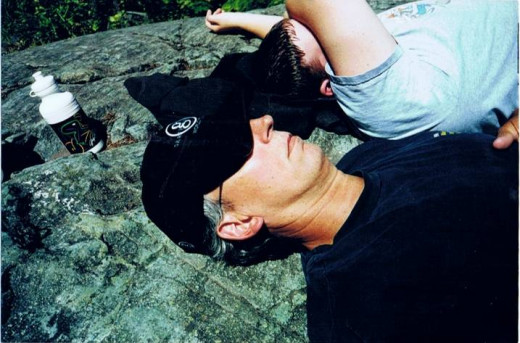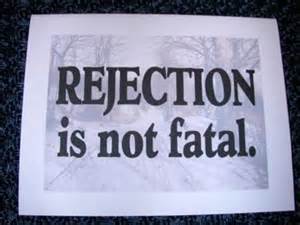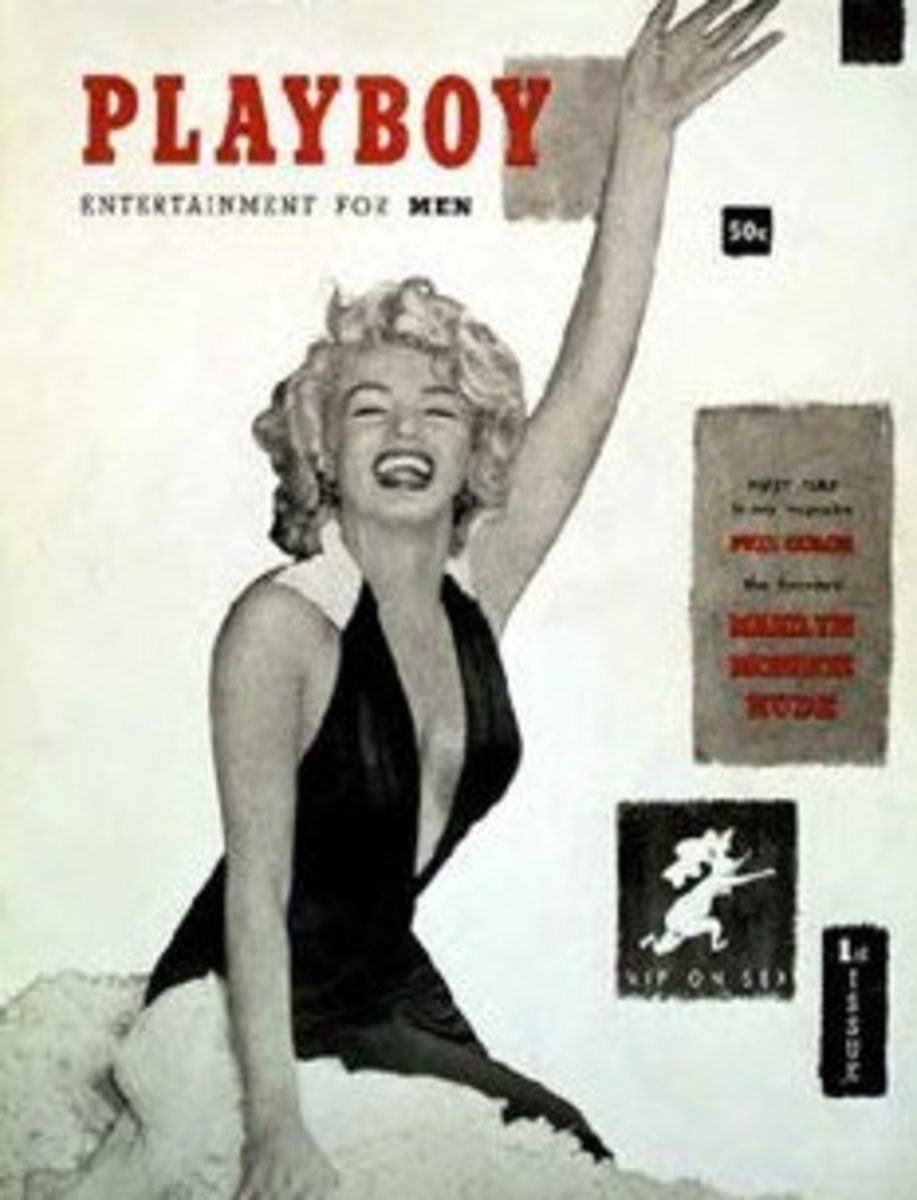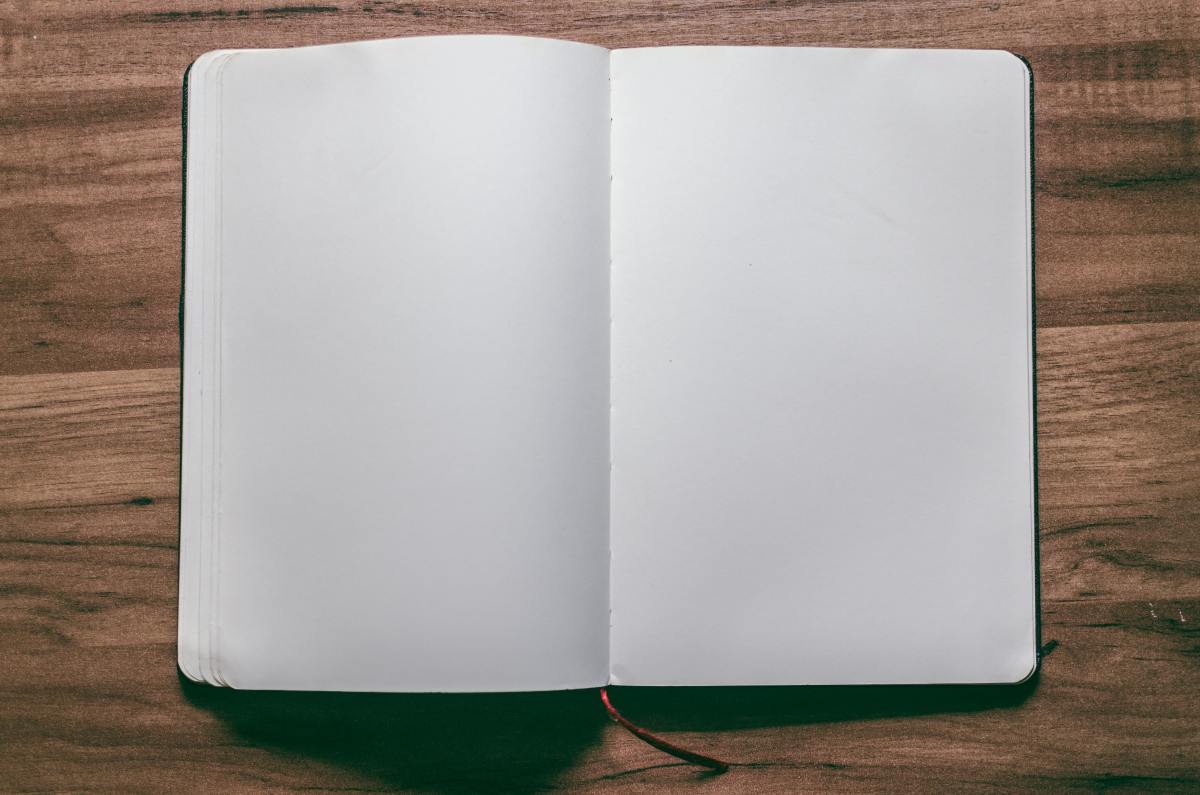Dealing With Rejection As A Writer
The Reality of Rejection
“Don't let anyone, or any rejection, keep you from what you want.”
If you are a writer then you understand all too well the nature of rejection. If you haven’t been rejected yet then sit back and wait because it is coming….or I could put it another way and say that if you haven’t been rejected yet you aren’t trying hard enough. J
Rejection happens! That is a truth you need to understand if you are going to continue with your writing career. Yes, in a perfect world, we would all be loved beyond measure, and everyone would embrace our writings, but this is far from a perfect world. If you are going to write, and if you are going to try and sell your writings, then you must learn to cope with being tossed out in the cold.
Writers at the early stage of their careers receive rejections and writers who have been doing this for thirty years receive rejections. You cannot take the rejection personally. A rejection of your work is not a rejection of you as a person, nor is it a rejection of your talent as a writer. It simply means there is a very specific reason why your work was rejected. The trick is to determine why and then set about correcting the problem.
I have known writers who quit writing because of rejection. I have known writers who gave it up because of lack of recognition or lack of comments. My hope is that after you read this article you will not become one of the group who throws in the towel and quits, but rather you will understand the nature of rejections and be more determined to move forward in your writing career.
So, let’s move forward together. Later we can sit and compare our rejection slips. If you come over to my house I’ll show you the den that we re-papered with my rejection slips. I think it looks rather lovely in the right light.
Every Writer Should Have This Book

Join me on my writing blog
- Artistry With Words | A topnotch WordPress.com site
Tips and suggestions galore for the serious writers.
Why Editors Reject Your Work
It would be lovely to say that editors and publishers reject our work because they are just having a bad day, but that is not very realistic. There is usually a very specific reason for the rejection. Try these on for size:
- They have already received a similar piece
- They have already done a similar piece recently
- You failed to make your work interesting enough in the query letter
- Your work simply was not good enough
- You failed to follow submission guidelines
- Your writing does not match with the editor’s taste
- The editor or publisher is not taking on any new writing
- You did not provide an interesting slant to a worn out topic
All of the above are commonplace and all can be learned from if you are willing to learn.
Do You Learn From Rejections?
Learning from the Rejection
Are all rejection letters bad? Of course not. In fact, I will be so bold as to tell you that every single rejection letter has value if you are in a receptive state of mind.
Many rejection letters or emails will tell you why your work was rejected. Take that counsel to heart and don’t repeat your mistakes.
If you receive a personal note from the editor, agent or publisher, file it. It takes time to write a personal note, and the mere fact that they have done so in response to your offering is good news.
If you receive a rejection letter that is positive in nature and actually has the words “please try again,” treat it like the gift it is. Editors do not write those words unless they found something worthwhile in your writing. They are inundated with work and the fact that they are inviting you back means you have a certain amount of “game” in the writing business.

Great site for writers
- How to Get Published | Top Online Writing Resource - WritersMarket.com
Where writers learn how to get published, market, and sell their writing. Subscribe to WritersMarket.com today.
Learn from other "rejected" authors
Dealing Positively to the Rejection
The most positive thing you can do with a rejection slip is to learn something from it. When you are rejected, sit down and consider, first of all, why you were rejected.
Let's take a look at one rejection letter I received and see what we can learn from it:
Dear Bill,
Thank you for sending a link to your touching story.
We have been holding your submission under consideration since receiving it. Though we were greatly moved by your letter, we have determined that we will not be publishing it. At this time, we’d like to formally release the work back to you so that you can submit it for publication elsewhere.
With all good wishes,
Ying
This, in my opinion, is a great rejection letter. It tells me that they liked my work enough to hold onto it and give it serious consideration. I felt very good about this rejection.
Be honest about your writing. Was the piece that you wrote good enough to be published, or did you just think it was? Have someone else critique your work and ask them for pointers and constructive criticism.
Go over the submission guidelines and make sure that you followed them exactly. Often times a submission guideline is overlooked and that spelled doom for your piece of writing.
If no reason for the rejection was given then ask for a reason. How are you going to know if you don’t find out? What’s the worst that can happen by writing to the publisher again? Another rejection slip? Oh well!
Let's take a look at a rejection letter I received that gave no reason for the rejection:
Hi Bill,
Thanks for your pitch to Briarpatch. Unfortunately we are not able to pursue this story at this time, but thanks again for thinking of us and all the best with your writing.
Warm regards,
Valerie Zink
I need more information from Valerie, so I sent her another email asking for specifics. By doing so I educate myself and I tell her that I am interested enough to take the time to make that inquiry.
Do not take rejection personally. A rejection letter in writing is part of paying your dues. Harper Lee faced five years of rejection before she found someone to publish “To Kill A Mockingbird.” She continued to re-write her work, and she continued to send out her manuscript, and finally she was accepted…and the rest is history.
Editors do not know you as a person. There are no emotions invested when they reject your work, and there should be no emotions involved in receiving the rejection. This is a business and today was not your day. Tomorrow, however, may very well be your day, but you will never find out unless you keep writing and keep sending your work to agents, editors and publishers.
Great video on rejection

Moving Forward
Okay, you got rejected! Now is the time to pick yourself up, dust yourself off and start all over again.
Before you do, though, may I suggest you have a Rejection Party? Invite some friends over, toss back a couple drinks, and laugh it off. Consider it a matter of paying your dues. I would much prefer being a rejected writer than no writer at all, and I know that each of you feels the same way.
Keep a file of your rejections. On the one hand, a file is proof to the IRS that you are, indeed, a writer. On the other hand, rejections slips can be a great motivator, and when you do make it big in this business, and you are giving interviews, you can show your public all of the rejection slips that prove without a shadow of a doubt that you had what it took to succeed in this business.
Finally, the ultimate act of moving forward from rejection is to write again. Writing is not for the meek or weak. Rejection makes us tougher, and rejection strengthens our resolve to carry on. Hang those rejections slips somewhere where you can see them while you are working on your next great piece. Let them serve as motivation as you write your masterpiece.
2013 William D. Holland (aka billybuc)










